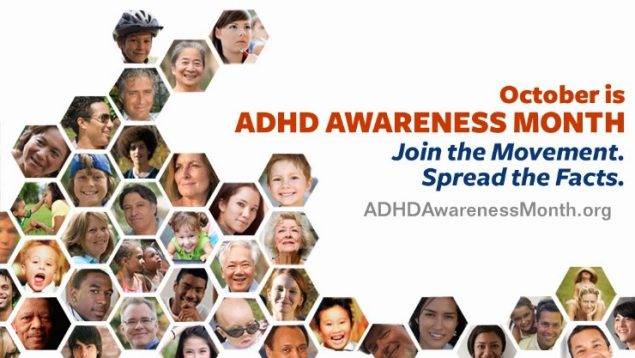Is it ADHD?

Learn about the symptoms of ADHD and what to do if you’re concerned that your child might have this disorder.
Attention-Deficit/Hyperactivity Disorder (ADHD) is one of the most common neurobehavioral disorders of childhood. It is usually first diagnosed in childhood and often lasts into adulthood.
Signs and Symptoms
It is normal for children to have trouble focusing and behaving at one time or another. However, children with ADHD do not just grow out of these behaviors. The symptoms continue, can be severe, and can cause difficulty at school, at home, or with friends.
A child with ADHD might:
- have a hard time paying attention
- daydream a lot
- not seem to listen
- be easily distracted from schoolwork or play
- forget things
- be in constant motion or unable to stay seated
- squirm or fidget
- talk too much
- not be able to play quietly
- act and speak without thinking
- have trouble taking turns
- interrupt others
Diagnosis of ADHD
Deciding if a child has ADHD is a process with several steps. There is no single test to diagnose ADHD, and many other problems, like anxiety, depression, sleep problems, and certain types of learning disabilities, can have similar symptoms. One step of the process involves having a medical exam, including hearing and vision tests, to rule out other problems with symptoms like ADHD. Another part of the process may include a checklist for rating ADHD symptoms and taking a history of the child from parents, teachers, and sometimes, the child.
Treatment for ADHD
ADHD can be successfully managed. Treatment options for ADHD include:
- Behavior therapy, including training for parents
- Medications
- School accommodations and interventions
In most cases, ADHD is best treated with a combination of behavior therapy and medication. For preschool-aged children (4-5 years of age) with ADHD, behavior therapy, particularly training for parents, is recommended as the first line of treatment. What works best can depend on the child and family. Good treatment plans will include close monitoring, follow-ups, and making changes, if needed, along the way.
Get Help!
If you or your doctor has concerns about ADHD, you can take your child to a specialist such as a child psychologist or developmental pediatrician, or you can contact your local early intervention agency (for children under 3) or public school (for children 3 and older).
The Centers for Disease Control and Prevention (CDC) sponsors the National Resource Center on ADHD: A Program of CHADD – Children and Adults with Attention-Deficit/Hyperactivity Disorder. Their web site has links to information for people with ADHD and their families. The National Resource Center on ADHD operates a call center with trained staff to answer questions about ADHD. The number is 1-800-233-4050.
In order to make sure your child reaches his or her full potential, it is very important to get help for ADHD as early as possible.



































No hay comentarios:
Publicar un comentario